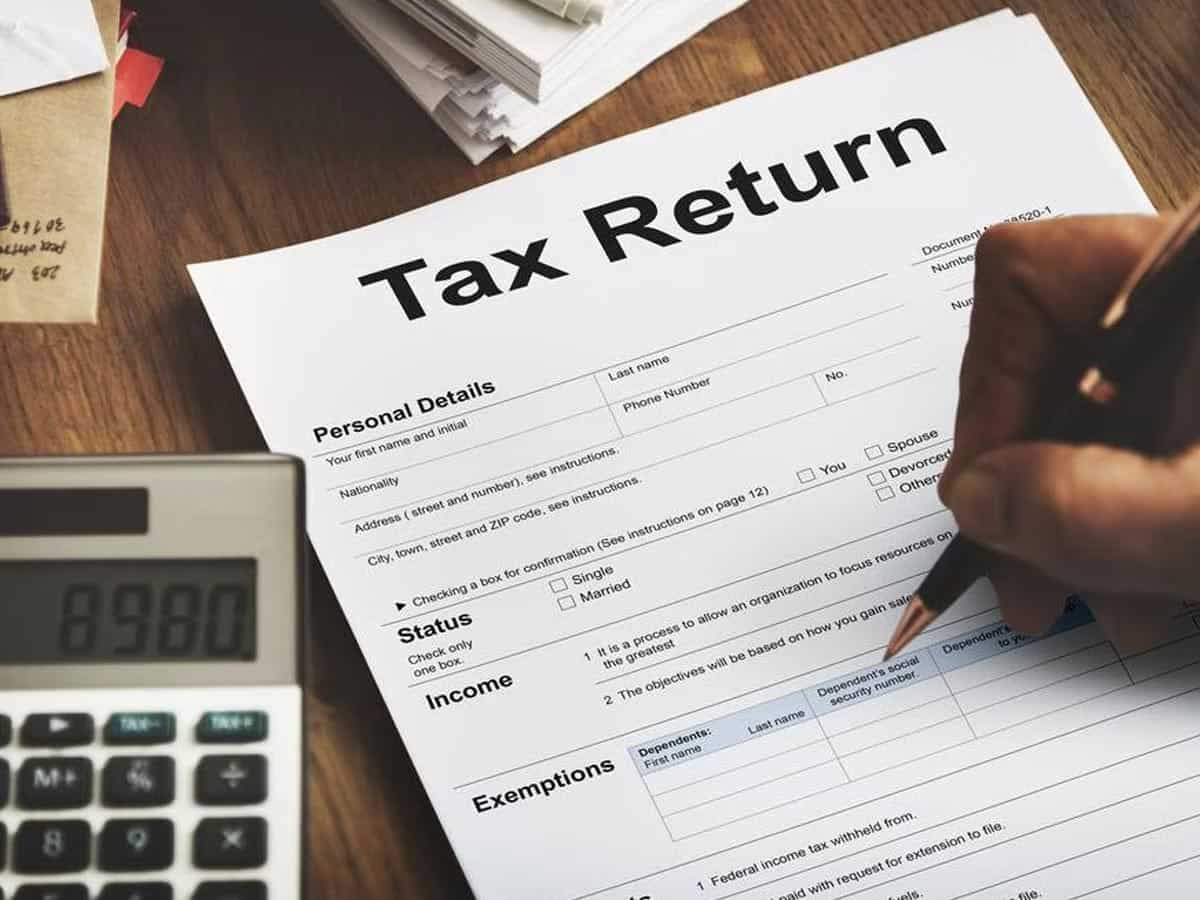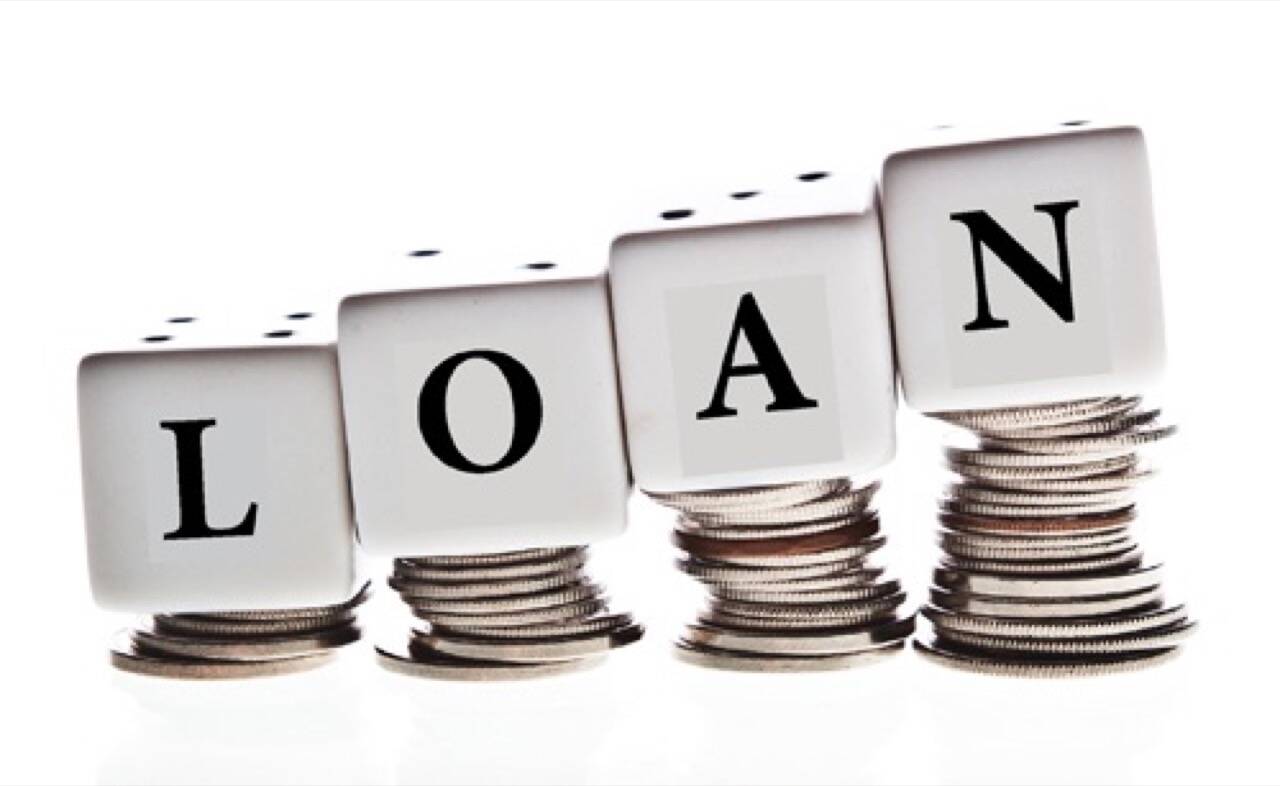According to the Federal Reserve, property owners in the United States have over twenty billion dollars in real estate equityThat is a lot of money property owners have access toThanks to record-low housing loan rates, it is a lot cheaper for homeowners to use their house’s equity using cash-out refi.
Of course, just because individuals have access to these funds does not mean they should use themAs with most housing loan remortgages, there are advance fees to pay, and people will want to ensure they are in a secured financial standing.
And even though average debenture rates right now are pretty low, they will only qualify for the best IR (interest rate) if they have a good or excellent credit scoreWith that being said, if individuals have enough home equity and the ability to use it, cash-out refi options are financial tools worth having at their disposalHere is how these things work and what people should pay attention to if they are considering it.
What are cash-out refi options?
A cash-out remortgage process is when people pay off their existing mortgage by getting a new one that is larger compared to what they currently owe – and get funds for the differenceIt is one of the most common ways of using home equities to find access, along with a HELOC or Home Equity Line of Credit and HEL or Home Equity Loan.
Visit this site for details about HELOCs
Unlike regular remortgages, which usually look to change the term of the debenture, monthly amortization, or interest rate, the point of cash out remortgages is to get cash in advanceIn exchange, borrowers will be increasing their debenture value, which could increase their monthly amortizations or the time it will take to pay their housing loan.
These things usually have higher IRs and stricter lending rules and regulations compared to other kinds of housing loan refinancingIt is because these remortgages are riskier for financial institutionsSo if borrowers do not have an excellent credit score, it might not be a good idea to get this type of debenture.
How much funds can people get on remortgages?
This thing is only an option if borrowers have enough home equityIf they are dealing with traditional conforming housing debenture, their new credit will be capped at about eighty percent LTV (Loan-to-Value)For instance, if the house is worth $250,000 and the owner has $100,000 left on the debenture, it means the borrower has $150,000 in home equity.
Individuals could do a cash-out remortgages for up to eighty percent of their property’s value, which in this case, $200,000But that would not quite leave borrowers with a hundred thousand dollar payoutIt is because closing charges will be taken out of what they would get back and could be up to three to six percent of the total debenture value.
With most financial institutions like traditional banks, credit unions, or lending firms, people cannot do cash out remortgages for more than eighty percent of their property’s valueBut there are lending firms that allow individuals to take out more home equity, like government-back Veterans Affairs debentures, which offer borrowers who served in the military up to 100% of their property’s value in cash-out refi plans.
When to consider these types of refi?
As with any housing loan refi, these things make a lot of sense if they can save people moneyBut it will not get them the lowest IR or smallest monthly amortizationWhen people are doing these remortgages versus a normal one, the IR will most likely be a lot higherIt is considered a riskier credit since borrowers are taking cash-outsBut these things can still make a lot of sense even if the borrower’s monthly loan amortizations increase, as long as they are saving as a result.
Visit online sites such as https://www.refinansieringavforbrukslån.com to find out more about refinancing.

Consolidating debts
With how low refi rates are as of the moment, it is a possible excellent opportunity to consolidate consumer debts with high-interest rates – if borrowers have enough home equityBy using the fund from a refi to pay off other loans like car debentures or credit card balances, which have higher Annual Percentage Rates compared to their new housing loan, they are effectively consolidating these amortizations into their new mortgage payment with low-interest rates.
Besides the lower IR on the borrower’s other debenture, there is also a possibility for tax savings with cash-out refi optionsIndividuals may be able to deduct some interests they pay on their housing credits to minimize their taxable income, which is not the case with IRs people pay on other debenturesHow much they save on taxes will differ depending on their circumstances, so it is something to bring up with their tax expert.
Home repairs and renovations
With individuals spending a lot of time in their houses, cashing out home equities to make home repairs or improvements can also make a lot of sense since it can be an inexpensive way to finance these expensesIt is especially true if these repairs or renovations add value to the house.
When should borrowers pass on cas h-out refi options?
People may have the score and equity to qualify for these options, but it could still be a wrong moveJust because a housing loan lending firm is willing to lend people, funds does not mean they can afford itPeople need to check their overall financial standing and consider whether or not these options will get them closer to their goals.
 Lab Diamond Tennis Bracelet: The Epitome of Elegance and Luxury
Lab Diamond Tennis Bracelet: The Epitome of Elegance and Luxury  Unveiling the Truth: Why Mined Diamonds Are Not Scarce
Unveiling the Truth: Why Mined Diamonds Are Not Scarce  Power Duo: SEO Agency Services and Website Design in Pittsburgh
Power Duo: SEO Agency Services and Website Design in Pittsburgh  Dress Rings: A Timeless Choice with Lab-Grown Diamonds and Man-Made Diamonds
Dress Rings: A Timeless Choice with Lab-Grown Diamonds and Man-Made Diamonds  What is the Penalty for Non-Filing of Income Tax Return?
What is the Penalty for Non-Filing of Income Tax Return?  Easiest Tribal Loans – Get Financial Aid with Just Two Clicks
Easiest Tribal Loans – Get Financial Aid with Just Two Clicks  Revolution in Retail: The Influence of HVAC Design on Customer Experience
Revolution in Retail: The Influence of HVAC Design on Customer Experience  Where to Sell My Designer Bag and Sell Gold in Melbourne: A Comprehensive Guide
Where to Sell My Designer Bag and Sell Gold in Melbourne: A Comprehensive Guide  How Long Does Adderall Stay in Your System? What You Need to Know
How Long Does Adderall Stay in Your System? What You Need to Know 